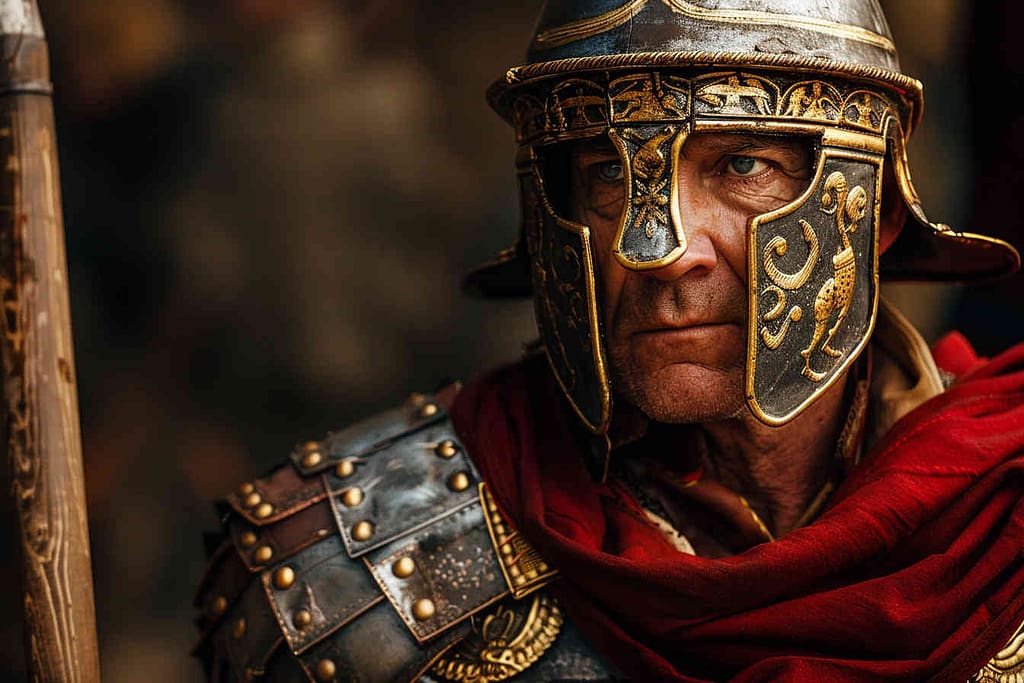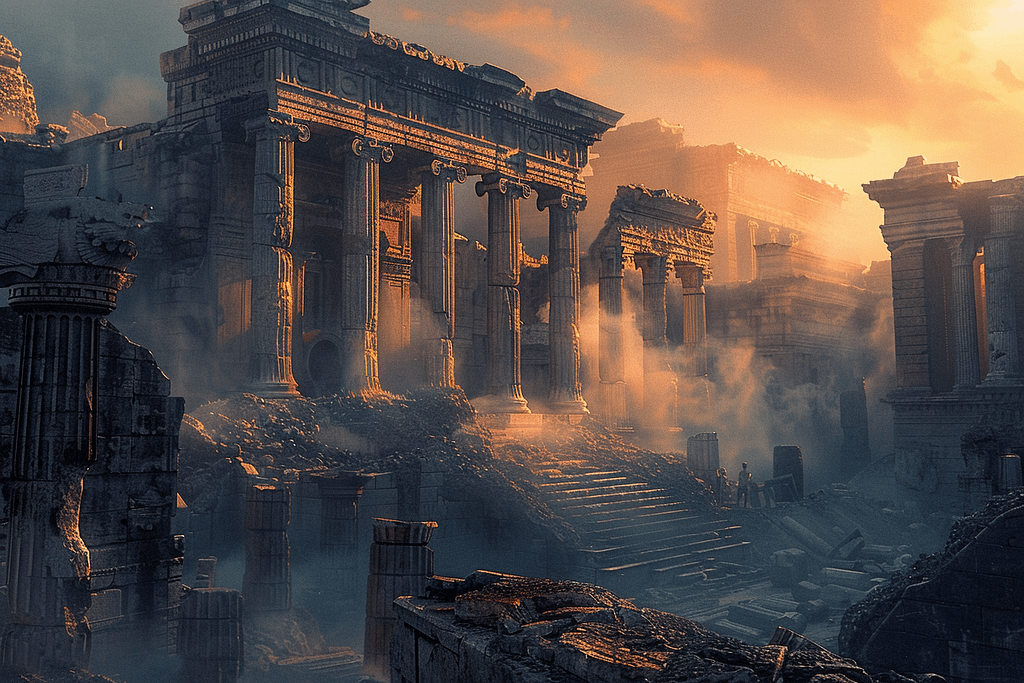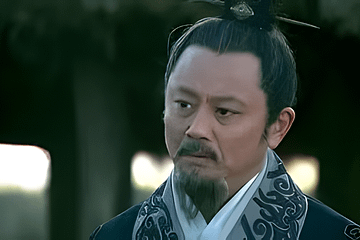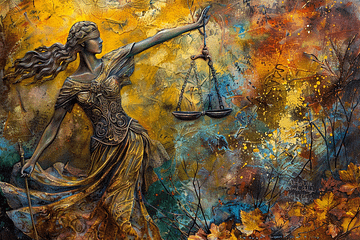It is said that in 509 BCE, the Romans abolished the clan leader system (i.e., “kings,” hence “monarchy”) and laid the foundation for the Republic. Since then, like ancient Athens, Rome has been revered by many as a precursor of republican democracy. This notion is rather tedious.
If Roman democratic republicanism were transplanted to the United States, it would be heavily criticized: there was no equality for all, nor were there inherent human rights; in fact, the majority were not citizens but slaves. Claiming “Athens-Rome” as the ancestors of contemporary Western democracy is akin to Brother Ah Q bragging shamelessly that “my ancestors were once rich.”
509 BCE indeed marks the beginning of the Roman Republic, but it merely signifies the overthrow of the primitive clan rule in Rome. After that, this city-state, which developed from seven hills, was too small for the nobility to hold absolute power, leading to a system where matters were settled through consultation.
Similar to Athenian citizens, the Roman Republic also classified its citizens into five classes based on wealth. Not every citizen had equal rights; those with more property had greater power. Additionally, wealthier citizens had more responsibilities. For example, military service decreased with the lower citizen classes.

.
Roman citizens did not serve in the military out of a sense of advanced social responsibility; war was the primary source of wealth for them. Only warriors could get rich because the Roman path to wealth was quite unique—plundering. For Roman warriors, war was synonymous with getting rich.
No war, no wealth—a relatively fair system of responsibilities and rights. Some say the rich could hire the poor to fight, with the spoils and slaves going to the rich. With so much hard-earned money, they should enjoy it first; war could cost lives. In the stark world of plundering, the scarcest resource was violence, much like money is scarce today. Whoever possessed violence could acquire wealth.
Therefore, hiring others to plunder was out of the question; if you could plunder, you wouldn’t share it! How could one possess violence?
It was simple; you had to have money first. Roman warriors needed to provide their own equipment. Farmers from common origins were called “spearmen,” similar to “pikemen” in “Age of Empires,” carrying a spear they had to sell their possessions to obtain. Noble warriors, called “principes,” wielded heavy javelins, large shields, and Gallic longswords.
Without money, you could only be a spearman. Spearmen’s duties were to be the first-line targets, disrupt enemy formations, and get killed. Principes’ duties were to hide behind the spearmen, break the enemy, and then plunder.
Spearmen had no military achievements, meaning they couldn’t acquire money, land, or slaves and had to return home to continue farming. Many commoners went to the battlefield with dreams of getting rich but returned heavily in debt. Roman creditors were clearly not considerate, showing no awareness that commoner warriors, though not enriched, at least supported the Roman army’s numbers. They sold debt-ridden commoners, who were also warriors, into slavery, sometimes even to foreign lands (a scene vaguely reminiscent of Athens’ “Seisachtheia”).

.
Commoners were furious, and more terrifying than their anger was that these commoners had fought with real swords and spears on the battlefield. Consequently, many commoners chose to perish alongside their creditors. This was very detrimental to social stability, and it was undoubtedly foreseeable.
In 494 BCE, the Roman leader at the time, Consul Servilius, issued a decree: creditors were prohibited from seizing commoner soldiers as slaves or taking their land. Although Servilius did not abolish the debts of commoner soldiers, if this order were fully enforced, it’s likely few would repay their debts. Everyone knew that successive consuls were not very serious about this decree, but at least nominally, no one dared to deny it, which served as a moral boost for the commoner soldiers.
In the mid-4th century BCE, the Roman Republic began a fierce conflict with Carthage. During the war, the new Roman consul, Claudius, openly refused to enforce this decree. The citizen soldiers were furious—after risking their lives in battle, they felt betrayed on the home front. Discontent, they collectively resigned and prepared to leave Rome.
The consequences were severe. With Carthaginian cavalry at Rome’s gates, without the spearmen to disrupt the enemy, the principes couldn’t fight alone. Facing this threat, the Roman nobility capitulated to the commoners. Survival was the paramount law and the greater social contract. The Senate finally passed a law: “Except for those guilty and awaiting fines, no one should be detained or put in chains; debtors should pledge goods, not people, as collateral.”
In 451 BCE, the office of the tribune created the Twelve Tables, which stipulated that soldiers could not be enslaved due to debt.

.
We mentioned that Roman consuls were busy, constantly engaged in plundering, with no time to listen to the nobles’ complaints. The Twelve Tables inspired the consuls: matters should be handled according to the law. Thus, the progenitor of world legal systems—Roman law—was born.
This created an internal cohesion; in Rome’s subsequent territorial expansion, rulers had to govern the provinces according to the law, just like the ironclad regulations of the Roman cavalry.
From any perspective, Roman law was crucial in shaping later financial systems. Today, the legal systems of many countries, including China, belong to the Roman legal tradition. Without Roman law, there would be no later European economic prosperity, nor would there be the emergence of banks, stocks, limited liability, and other decisive events.
Roman law established two critical concepts in economic processes: “private property” and “equality of rights and responsibilities,” which are the soul of modern finance. At this time, Rome was a slave society; the so-called private property and freedom rights applied to a handful of slave owners, while slaves themselves were property and had no property rights.

.
Ancient humanity had many laws, but not all have survived to this day. Roman law’s endurance wasn’t due to its rational provisions; many laws were quite barbaric, most being customs passed down from primitive society, such as creditors being able to divide the debtor’s body and land (excluding commoner soldiers). The endurance of Roman law was because it established an independent spirit: the law must have a fair procedure, and no one should be convicted without a trial; to achieve a specific result, specific behavior is required, confirmed by the court as mandatory legal rights and responsibilities.
Thus, the law became sacred!


0 Comments